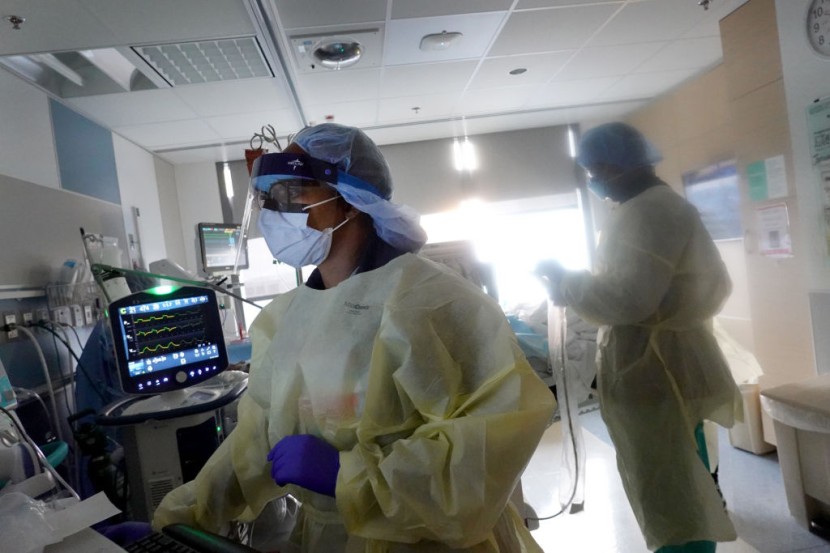
An international expert panel on COVID-19 has called for the continued investigation into the mysterious origins of the coronavirus, arguing that the pathogen could have either spilled over from nature or was due to an infection of a laboratory worker.
The Lancet Commission on COVID-19, in its final report this week, said that the coronavirus could well have had a natural origin. However, the commission, led by Columbia University professor Jeffrey Sachs, said it could not rule out that the virus could have passed to humans during laboratory research in Wuhan, the Chinese city where the virus was first detected, or elsewhere.
COVID-19 Origins
Even if the virus originated from a laboratory leak, it could well be a natural virus or a bioengineered virus, the report noted. It added that investigation and better monitoring of such research were needed to draw accurate conclusions.
The report noted that the World Health Organization (WHO), governments, and the scientific community, should intensify the search for COVID-19's origins. It argued that they should investigate both a possible zoonotic origin and a possible research-associated origin, as per the South China Morning Post.
The researchers said that because beta coronaviruses related to Sars-CoV-2 are found across East Asia, the search for a natural source should continue with high focus and intensity. The report added that the eventual discovery of a natural reservoir of the virus might occur only after years of searching, and quite possibly outside of China.
The commission was convened by the medical journal The Lancet and took two years to complete after it compiled input from more than 170 scientists and researchers. The report was released on Wednesday after a series of preliminary reports.
Read Also: New Wave of Enterovirus Threatens Your Kids, CDC Warns of Rare Paralysis Caused by Viral Infection
According to CTV News, the report also criticized governments worldwide over their handling of the COVID-19 pandemic, describing their performances as "untrustworthy and ineffective." It also said that they suffered "massive global failure at multiple levels."
Lack of International Cooperation
The report highlighted a detrimental lack of international cooperation between world leaders to respond to the health crisis. The Lancet commission also outlined in its report the policy recommendations aimed at preventing future pandemic disasters.
However, controversy around the commission's chair, and some of the report's assessments of the origins of the coronavirus threaten to overshadow the overarching findings and recommendations.
Official numbers from the Institute for Health Metrics and Evaluation (IHME) show that more than 7 million people have lost their lives since the first COVID-19 case was detected in late 2019. However, the independent health research organization based at the University of Washington also estimated that the actual fatalities attributable to the disease stand at more than 17 million.
On the other hand, the WHO welcomed the overarching recommendations of the Lancet commission's report. Health officials said that the recommendations alight with their commitment to stronger global, regional, and national pandemic preparedness, prevention, readiness, and response.
However, authorities said that there were several key omissions and misinterpretations in the report, not least regarding the public health emergency of international concern (PHEIC) and the speed and scope of WHO's actions, the World Health Organization reported.
Related Article:
WHO Chief Claims End of COVID 'Is In Sight' as Fatalities Worldwide Hit Lowest Since March 2020
© 2026 HNGN, All rights reserved. Do not reproduce without permission.








